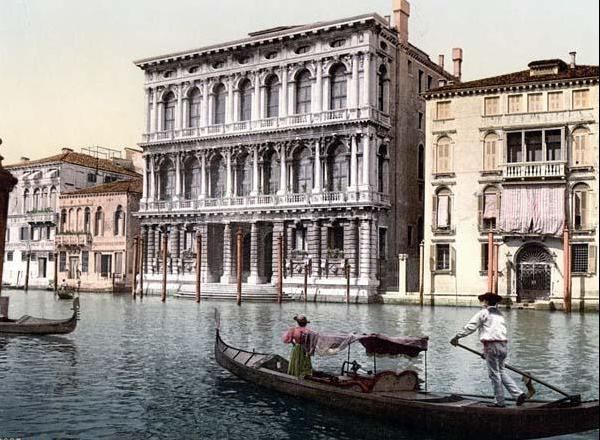
Candida Martinelli's Italophile Site

Main
Page This family-friendly site celebrates Italian culture for the enjoyment of children and
adults. Site-Overview
Palazzo Guidi, opposite the Pitti Palace in Florence. It
houses a museum and you can
even rent out the rooms. This is one of a suite of rooms let by Britain's
Landmark Trust which manages Casa Guidi. Click on the image to go
to the Landmark Trust's homepage. Painting of the drawing room in Casa Guidi.
Click on the image to visit the Literary Traveler site's informative
page on Casa Guidi and the Brownings. This is how the drawing room looks today.
Click on the image to read about the efforts it took to create the
museum. Click on the above image to go to The Victorian
Web's wonderfully informative site about Elizabeth Barrett Browning and
her work. Click here
to visit the University of Toronto's site with copies of many of her
poems. The Victorian Web has an equally wonderful site
about Robert Browning and his work. Click on the above image to
visit it. Click here
to visit the University of Toronto's site with copies of many of his
poems. The Pitti Palace and the Boboli Gardens
beyond. These are open to the public now, but were the private
property of the Duke of Florence at the time the Brownings were his
neighbors. They lived at the far right of end of the square. Image of the Cascine from that period. Michelangelo's Night on the Medici Tomb Michelangelo's Day on the Medici Tomb Michelangelo's Twilight on the Medici Tomb Michelangelo's Dawn on the Medici Tomb Michelangelo's Medici Tomb Michelangelo's Giuliano Duke of Nemour This is an image of Elizabeth's tomb in the
Protestant Cemetery in Florence. Click here to go to Eton
College's page describing in detail Casa Guidi's contents. To see what's available as printed books of the Browning's poetry or
biographies of the two, you can use this search tool for Amazon.com. Just
enter 'Books' in the 'Search' field, and 'Browning' (or Elizabeth
Barrett Browning, for example) in the 'Keyword' field. Then click
on the 'Go' button to see what's available, what people's comments about
the books are, and what they cost. Differences
between N. and S. Europe Living
opposite the Pitti Palace Italian
unification and 'Casa Guidi Windows' The poet Robert Browning married the invalid
poet Elizabeth Barrett Browning in 1846 and they lived for most of their
married life together in Florence in an apartment opposite the Pitti
Palace in a building called Palazzo Guidi.
Elizabeth christened their apartment Casa Guidi. Robert’s love affair with Italy was longer
than his wife’s. His
first journey to Italy was in 1838.
and he was inspired by Italy’s history and artists in his
poetry. It was actually Elizabeth’s doctor who
first suggested she be taken to Pisa during the English winter to enjoy
the milder climate. But it
took their elopement to make that happen, because Elizabeth’s
over-protective father did not give his permission for her to travel for
her health, and to avoid his forbidding it, Elizabeth never asked his
permission for her marriage to Robert. Their
love a Florence persisted, and even if they did travel around much of
central and northern Italy, and to England and France, they always
returned to Florence. In
June of 1854 Elizabeth writes: “I
love Florence -- the place looks exquisitely beautiful in its garden
ground of vineyards and olive trees, sung round by the nightingales day
and night…If you take one thing with another, there is no place in the
world like Florence, I am persuaded, for a place to live in -- cheap,
tranquil, cheerful, beautiful, within the limits of civilization yet out
of the crush of it…” All
of Italy fascinated Elizabeth. In
her poem “The North and the South” she explains the differences she
saw between Northern Europe and Southern Europe, namely Italy. The
North and the South (from
May, 1861, written in Rome) ‘Now
give us lands where the olives grow, ‘ Cried
the North to the South, ‘Where
the sun with a golden mouth can blow Blue
bubbles of grapes down a vineyard-row!’ Cried
the North to the South. ‘Now
give us men from the sunless plain,’ Cried
the South to the North, ‘By
need of work in the snow and the rain, Made
strong, and brave by familiar pain!’ Cried
the South to the North. ‘Give
lucider hills and intenser seas,’ Said
the North to the South, ‘Since
ever by symbols and bright degrees Art,
childlike, climbs to the dear Lord’s knees,’ Said
the North to the South. ‘Give
strenuous souls for belief and prayer,’ Said
the South to the North, ‘That
stand in the dark on the lowest stair, While
affirming of God, “He is certainly there,”’ Said
the South to the North. “Yet
oh, for the skies that are softer and higher!’ Sighed
the North to the South; ‘For
the flowers that blaze, and the trees that aspire, And
the insects made of a song or a fire!’ Sighed
the North to the South. ‘And
oh, for a seer to discern the same!’ Sighed
the South to the North! ‘For
a poet’s tongue of baptismal flame, To
call the tree or the flower by its name!’ Sighed
the South to the North. The
North sent therefore a man of men, As
a grace to the South’ And
thus to Rome came Andersen. -
‘Alas, but must you take him again?’ Said
the South to the North. Notes:
It’s supposed that Elizabeth was referring to Hans Christian
Andersen who visited Naples and Rome and was the toast of the town for
his fanciful tales. The
reference to men who can name the plants is probably to Linnaeus, a
Scandinavian, who assigned Latin names to plants, names that are used to this
day. It is in December 1847 that the first
letters arrive from furnished rooms near the Pitti Palace. Elizabeth writes: “So
here we are in the Pitti till April, in small rooms yellow with sunshine
from morning till evening, and
most days I am able to get out into the piazza and walk up and down
for twenty minutes without feeling a breath of the actual
winter…” In
May 1848 this comes in a letter from Palazzo Guidi: “In fact we have really done it magnificently, and planted
ourselves in the Guidi Palace in the favourite suite of the last Count
(his arms are in scagliola on the floor of my bedroom). Though we have six beautiful rooms and a kitchen, three of
them quite palace rooms and opening on a terrace, and though such
furniture as comes by slow degrees into them is antique and worthy of
the place, we yet shall
have saved money by the end of this year…a stone's throw, too,
it is from the Pitti, and really in my present mind
I would hardly exchange with the Grand Duke himself.
By the bye, as to street, we have no spectators in windows in
just the grey wall of a church called San Felice for good omen.” In a letter from July 1848 she writes of how
they enjoy walking from their apartment near the Pitti Palace, over the Ponte
Vecchio to the main square, La Piazza delle Signorie, to sit
in the Loggia dei Lanzi: “Robert
and I go out often after tea in a wandering walk to sit in the Loggia
and look at the Perseus, or, better still, at the divine sunsets on the
Arno, turning it to pure gold under the bridges.”
Elizabeth
describes in April of 1850 their wandering in the Florentine public
gardens that follow the Arno river, the Cascine. “We drive day by day through the lovely Cascine,
just sweeping through the city. Just
such a window where Bianca Capello looked out to see the Duke go by --
and just such a door where Tasso stood and where Dante drew his chair
out to sit. Strange to have
all that old world life about us, and the blue sky so bright…” Elizabeth
wrote a poem set in the Cascine called “The Dance”.
It is about the Florentines expressing their gratitude to French
soldiers who offered a reprieve from the repressive control of the
Austrians. The
Dance You
remember down at Florence our Cascine, Where
the people on the feast-days walk and drive, And,
through the trees, long-drawn in many a green way, O’er-roofing
hum and murmur like a hive, The
river and the mountains look alive? You
remember the piazzone there, the stand-place Of
carriages a-brim with Florence Beauties, Who
lean and melt to music as the band plays, Or
smile and chat with some one who afoot is, Or
on horseback, in observance of male duties? ‘Tis
so pretty, in the afternoons of summer, So
many gracious faces brought together! Call
it rout, or call it concert, they have come here, In
the floating of the fan and of the feather, To
reciprocate with beauty the fine weather. While
the flower-girls offer nosegays (because they too Go
with other sweets) at every carriage-door; Here,
by shake of a white finger, signed away to Some
next buyer, who sits buying score on score, Piling
roses upon roses evermore. And
last season, when the French camp had its station In
the meadow-ground, things quickened and grew gayer Through
the mingling of the liberating nation With
this people; groups of Frenchmen everywhere, Strolling,
gazing, judging lightly…’who was fair.’ Then
the noblest lady present took upon her To
speak nobly from her carriage for the rest; ‘Pray
these officers from France to do us honour By
dancing with us straightway.” - The request Was
gravely apprehended as addressed. And
the men of France bareheaded, bowing lowly, Led
out each a proud signora to the space Which
the startled crowd had rounded for them - slowly, Just
a touch of still emotion in his face, Not
presuming, through the symbol, on the grace. There
was silence in the people: some lips trembled, But
none jested. Broke the
music, at a glance: And
the daughters of our princes, thus assembled, Stepped
the measure with the gallant sons of France. Hush!
It might have been a Mass, and not a dance. And
they danced there till the blue that overskied us Swooned
with passion, though the footing seemed sedate; And
the mountains, heaving mighty hearts beside us, Sighed
a rapture in a shadow, to dilate, And
touch the holy stone where Date sate. Then
the sons of France bareheaded, lowly bowing, Led
the ladies back where kinsmen of the south Stood,
received then; - till, with burst of overflowing Feeling…husbands,
brothers, Florence’s male youth, Turned,
and kissed the martial strangers mouth to mouth. And
a cry went up, a cry from all that people! -
You have heard a people cheering, you suppose, For
the Member, Mayor...with chorus from the steeple? This
was different: scarce as loud perhaps (who knows?), For
we saw wet eyes around us ere the close. And
we felt as if a nation, too long borne in By
hard wrongers, comprehending in such attitude That
God had spoken somewhere since the morning, That
men were somehow brothers, by no platitude, Cried
exultant in great wonder and free gratitude. Their son, Robert Weidemann Barrett
Browning, was born on March 9, 1849 in their bedroom in Casa Guidi.
He later bought Palazzo Guidi and stored all his parent’s
possessions there and had hoped to create a shrine to them, but events
overtook him, and the museum was not created until 1995. Their son shared his parent’s love of
Italy and even lived with his wife in Venice’s famous palace on the
Grand Canal, Ca’ Rezzonico, for a while, before making his permanent
home in Asolo. His mother
called him Pen, but in her poem “A Tale of Villafranca” she calls
him “my Florentine”, and comments on his eyes:
“They say your eyes, my Florentine, are English: it may be: and
yet I’ve marked as blue a pair following the doves across the square
at Venice by the sea.” Her 1851 poem “Casa Guidi Windows”
describes in two parts Italy’s growing Risorgimento, or unification
movement, and it’s intensifying struggle for nationhood against the
foreign powers who administered her fate and kept her looking like a
jigsaw puzzle on the maps. The
poem made her an instant hero in Italy, but it was poorly received
abroad, where commentators felt female poets should stick to love
sonnets and eschew politics. Only
later, and mainly by female writers, was the poem’s beauty and passion
appreciated. In the poem, Elizabeth makes many references
to Florence, and to Italy’s illustrious cultural and historical icons.
But it is often the first paragraph that catches people’s eye,
ear and heart. The great
political issue is introduced by a recounting of something she’s heard
through the windows of Casa Guidi.
Later she recounts what she’s seen through the same windows,
hence the title of the poem. Here
are a few excepts from the first half of the poem. Excerpts from Casa Guidi Windows (from
1851) The first stanzas are the most famous of the
poem. I
heard last night a little child go singing ‘Neath
Casa Guidi windows, by the church, O
bella libertà, O
bella! Stringing The
same words still on notes he went in search So
high for, you concluded the upspringing Of
such a nimble bird to sky from perch Must
leave the whole bush in a tremble green, And
that the heart of Italy must beat, While
such a voice had leave to rise serene ‘Twixt
church and palace of a Florence street! A
little child, too, who not long had been By
mothers’s finger steadied on his feet, And
still O bella libertà he sang. Very soon after she praises
Florence’s beauty. For
me who stand in Italy to-day, Where
worthier poets stood and sang before, I
kiss their footsteps, yet their words gainsay. I
can but muse in hope upon this shore Of
golden Arno as it shoots away Through
Florence’ heart beneath her bridges four! Bent
bridges, seeming to strain off like bows, And
tremble while the arrowy undertide Shoots
on and cleaves the marble as it goes, And
strikes up palace-walls on either side, And
froths the cornice out in glittering rows, With
doors and windows quaintly multiplied, And
terrace-sweeps, and gazers upon all, By
whom if flower or kerchief were thrown out From
any lattice there, the same would fall Into
the river underneath no doubt, It
runs so close and fast ’twixt wall and wall. How
beautiful! Then right after, she writes of
Michelangelo’s sculptures Dawn, Twilight, Night and Day in the Medici
Tomb in the Church of St. Lawrence, and how they must suffer to see
Italians un-free. Michel’s
Night and Day And
Dawn and Twilight wait in marble scorn, Like
dogs upon a dunghill, couched on clay From
whence the Medicean stamp’s outworn, The
final putting off of all such sway By
all such hands, and freeing of the unborn In
Florence and the great world outside Florence. Three
hundred years his patient statues wait In
that small chapel for the dim St Lawrence. Day’s
eyes are breaking bold and passionate Over
his shoulder, and will flash abhorrence On
darkness and with level looks meet fate, When
once loose from that marble film of theirs; The
Night has wild dreams in her sleep, the Dawn Is
haggard as the sleepless, Twilight wears A
sort of horror; as the veil withdrawn ‘Twixt
the artist’s soul and works had left them heirs Of
speechless thoughts which would not quail nor fawn, Of
angers and contempts, of hope and love; For
not without a meaning did he place The
princely Urbino on the seat above With
everlasting shadow on his face, While
the slow dawns and twilights disapprove The
ashes of his long-extinguished race, Which
never more shall clog the feet of men. She later suggests Italy
deserves to be a nation because of it’s rich cultural heritage. ‘Now
tell us what is Italy?’ men ask: And
others answer, ‘Virgil, Cicero, Catullus,
Caesar.’ What beside? To task The
memory closer - ‘Why, Boccaccio, Dante,
Petrarca,’ - and if still the flask Appears
to yield its wine by drops too slow, - ‘Angelo,
Raffael, Pergolese,’ - all Whose
strong hearts beat through stone, or charged again The
paints with fire of souls electrical, Or
broke up heaven for music. She digresses for another ode to
Florence’s beauty. Shall
I say What
made my heart beat with exulting love, A
few weeks back? - …The
day was such a day As
Florence owes the sun. The sky above, Its
weight upon the mountains seemed to lay, And
palpitate in glory, like a dove Who
has flown too fast, full-hearted! - take away The
image! For the heart of man beat higher That
day in Florence, flooding all her streets And
piazzas with a tumult and desire. She
follows with passages to give encouragement to Italians in the struggle
for nationhood, but ends with a plea to the true intended audience of
her poem, Italophiles among the English and other world powers. Therefore
let us all Refreshed
in England or in other land, By
visions, with their fountain-rise and fall, Of
this earth’s darling, - we, who understand A
little how the Tuscan musical Vowels
do round themselves as if they planned Eternities
of separate sweetness, - we, Who
loved Sorrento vines in picture-book, Or
ere in wine-cup we pledged faith or glee, - Who
loved Rome’s wolf, with demi-gods at suck, Or
ere we loved truth’s own divinity, - Who
loved, in brief, the classic hill and brook, And
Ovid’s dreaming tales, and Petrarch’s song, Or
ere we loved Love’s self even! - let us give The
blessing of our souls, (and wish them strong To
bear it to the height where prayers arrive, When
faithful spirits pray against a wrong,) To
this great cause of southern men, who strive In
God’s name for man’s rights, and shall not fail! Elizabeth’s poor health, sometimes
explained by spinal damage, sometimes lung damage, sometimes
Tuberculosis, and sometimes by the prescribed medications she used,
worsened when she learned of Cavour’s death.
Cavour was the diplomat to Garibaldi’s soldier, and together
they paved the way for Italian unification.
Elizabeth passed away in Florence, and while Robert left,
heartbroken, with their son for England, never to return to Florence
again, he did not lose his love of Italy. Robert wrote after his wife’s
death, when he was settled in England, “…How I yearn, yearn for Italy at the close of my
life!…” He was in the
process of purchasing land in Venice when he passed away.
He died in Venice’s famous Ca’ Rezzonico, a palace on the
grand canal, the home of his son and daughter-in-law.
A plaque was placed on the building that reads: “A Roberto Browning, morto in questo palazzo, il 12 dicembre
1889, Venezia, pose.” (To Robert Browning, who died in this building,
December 12, 1889, Venice, may he rest in peace.”
Two lines from one of his poems follows it:
“Open my heart and you will see, Graved inside of it,
`Italy'.” Rezzonico Palace, Ca' Rezzonico,
Venice
Elizabeth lies interred in the old
Protestant Cemetery in Florence with the inscription expressing
Italy’s gratitude to her support for nationhood engraved on her tomb.
Two of her books of poetry dealt directly with the cause of
national unity: Casa Guidi
Windows from 1851, and Poems Before Congress from 1861, and they served
to build support around the world for Italian Unification.
It was later the same year as her death, 1861, that the Kingdom
of Italy was declared.
My References:
Quotes from letters are taken from:

The
Poets Robert and Elizabeth Barrett Browning - Italophiles in Florence
![]()

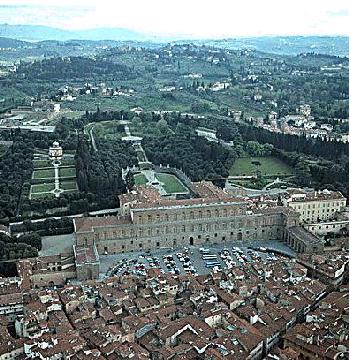
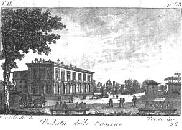
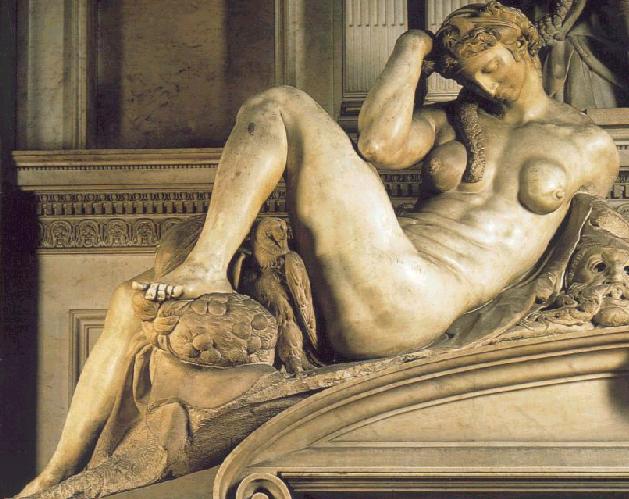

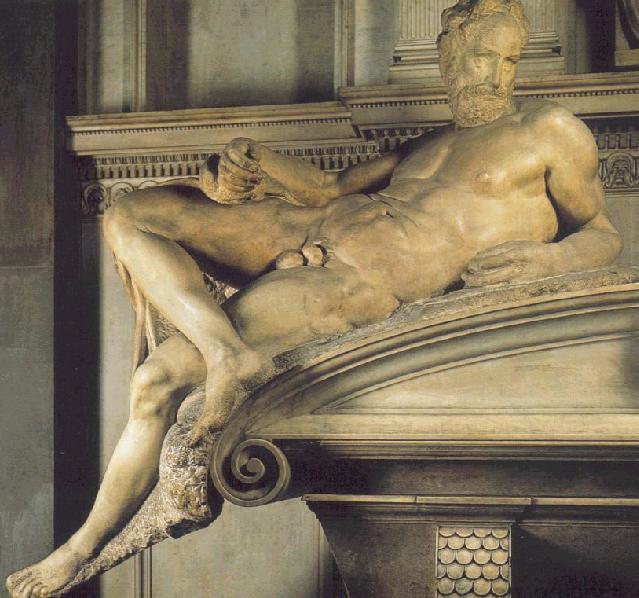
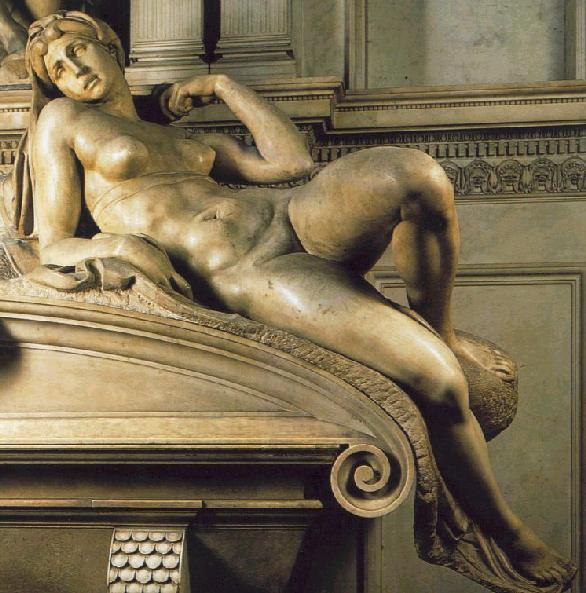
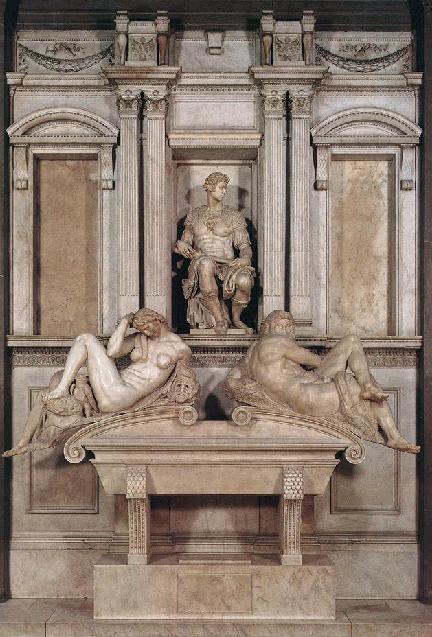
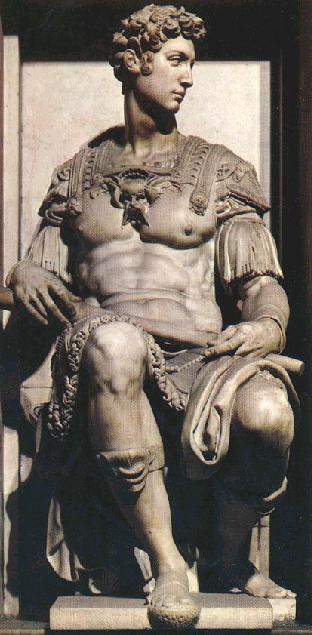
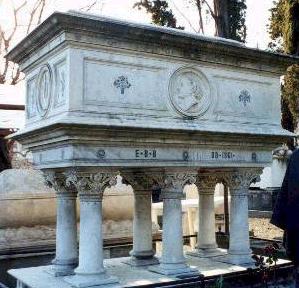
The Brownings and Italy
Differences Between North and South Europe
Living Opposite
the Pitti Palace
The
Cascine and 'The Dance'
Their Son, Another Italophile
Italian
Unification and 'Casa Guidi Windows'
Their Deaths in Italy
